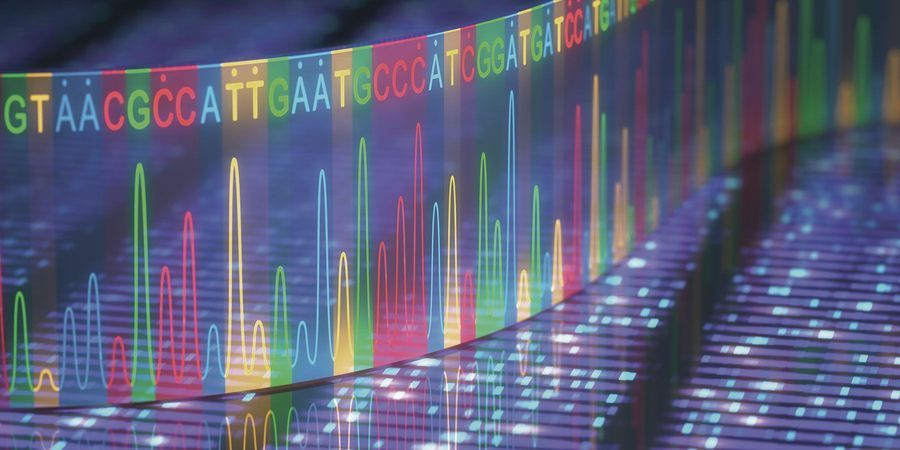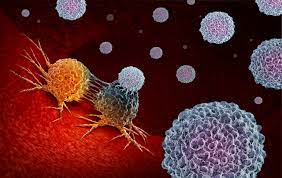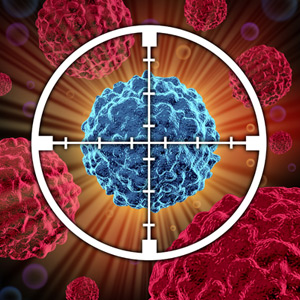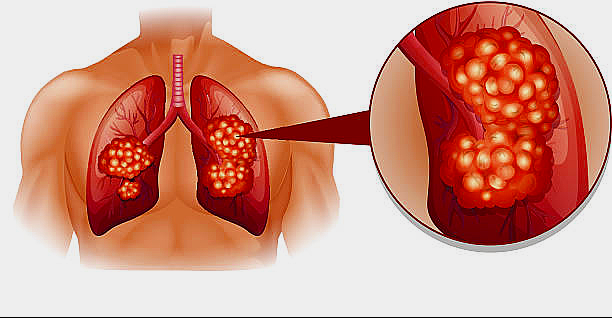Early detection of lung cancer:
Advancements in lung cancer research have led to ongoing studies regarding ways to find the disease early. Two trials have shown effectiveness of low-dose CT scans to screen for lung cancer in people with a history of heavy smoking. Using this screening can decrease their risk of dying from lung cancer. Currently it may be recommended to do a yearly CT scan in patients who:
- Have a 20 pack-year or more smoking history, and
- Smoke now or have quit within the past 15 years, and
- Are between 50 and 80 years old

Newer tests in lung cancer:
Previously, after a biopsy from the cancerous lung tissue, a histopathological report was adequate to plan treatment and start conventional chemotherapy. With the rapid pace in approval of newer drugs and molecules targeting certain mutations, newer diagnostic techniques have also emerge which help us decide which patients will benefit from a particular treatment. Currently after a pathology report is obtained, further molecular testing is required. This can be immunohistochemistry tests or polymerase chain reaction tests (PCR) or Next generation sequencing (NGS). NGS is the technique to analyze targeted DNA locations or whole genome in a single test. It provides the most detailed report regarding various molecular alterations that can be treated with targeted therapy or immunotherapy.

Advances in lung cancer management:
Immunotherapy :
Immunotherapies work with the body’s immune system to help fight cancer. They are a major focus in lung cancer treatment research today. Clinical trials are ongoing to look at new combinations of immunotherapies with or without chemotherapy to treat lung cancer.
An immune checkpoint inhibitor is a drug that blocks proteins on immune system cells which then allows them to fight cancer. Several immune checkpoint inhibitors have recently been approved for advanced lung cancer. Certain proteins like PDL-1 are tested for in the lung tissue and patients whose tumors test high for them may be more responsive to immunotherapy.
Some of the immunotherapy drugs are:
- Pembrolizumab
- Nivolumab
- Atezolizumab
- Druvalumab
A key issue with immunotherapies is deciding which patients are most likely to benefit. One marker for immunotherapy response is tumor mutational burden, or TMB, which is the total number of mutations in the DNA of the cancer cells. In lung cancer, positive responses to checkpoint inhibitors have been linked with a high TMB in some trials.
Targeted Therapies:
Targeted treatments identify and attack certain types of cancer cells with less harm to normal cells. In recent years, many targeted therapies have become available for advanced lung cancer and more are in development. The following are some targeted treatments for lung cancer:
EGFR Inhibitors: EGFR inhibitors block the activity of a protein called epidermal growth factor receptor (EGFR). EGFR may be found at higher levels than normal on cancer cells, causing them to grow and divide. Some drugs that target EGFR that are approved for treating lung cancer are:
- Osimertinib
- Afatinib
- Dacomitinib
- Erlotinib
- Gefitinib
Anaplastic lymphoma kinase (ALK) Inhibitors: ALK inhibitors target the cancer-causing alteration in the ALK gene. Around 5% of lung cancer carry this mutation and various drugs have been approved for the same.
- Crizotinib
- Ceritinib
- Alectinib
- Brigatinib
- Lorlatinib
Newly approved ALK inhibitors are improvements from previous ones in their enhanced ability to cross the blood–brain barrier. This progress is critical because, in non-small cell lung cancer patients with ALK alterations, disease progression tends to occur in the brain.
ROS1 Inhibitors: The ROS1 gene makes the protein ROS1, which is involved in cell signaling and cell growth. A small percentage of non-small cell lung cancer patients have altered forms of the ROS1 gene. Crizotinib and entrectinib are approved as treatments for patients with these alterations.

BRAF Inhibitors: The BRAF gene makes the protein, B-Raf, which is involved in sending signals in cells and cell growth. This gene may be altered in some patients with non-small cell lung cancer, which can increase the growth and spread of cancer cells. A combination of the drug dabrafenib, which targets a specific mutation in the BRAF gene, and trametinib, which targets a protein called MEK, has been approved as treatment for certain patients with non-small cell lung cancer.





